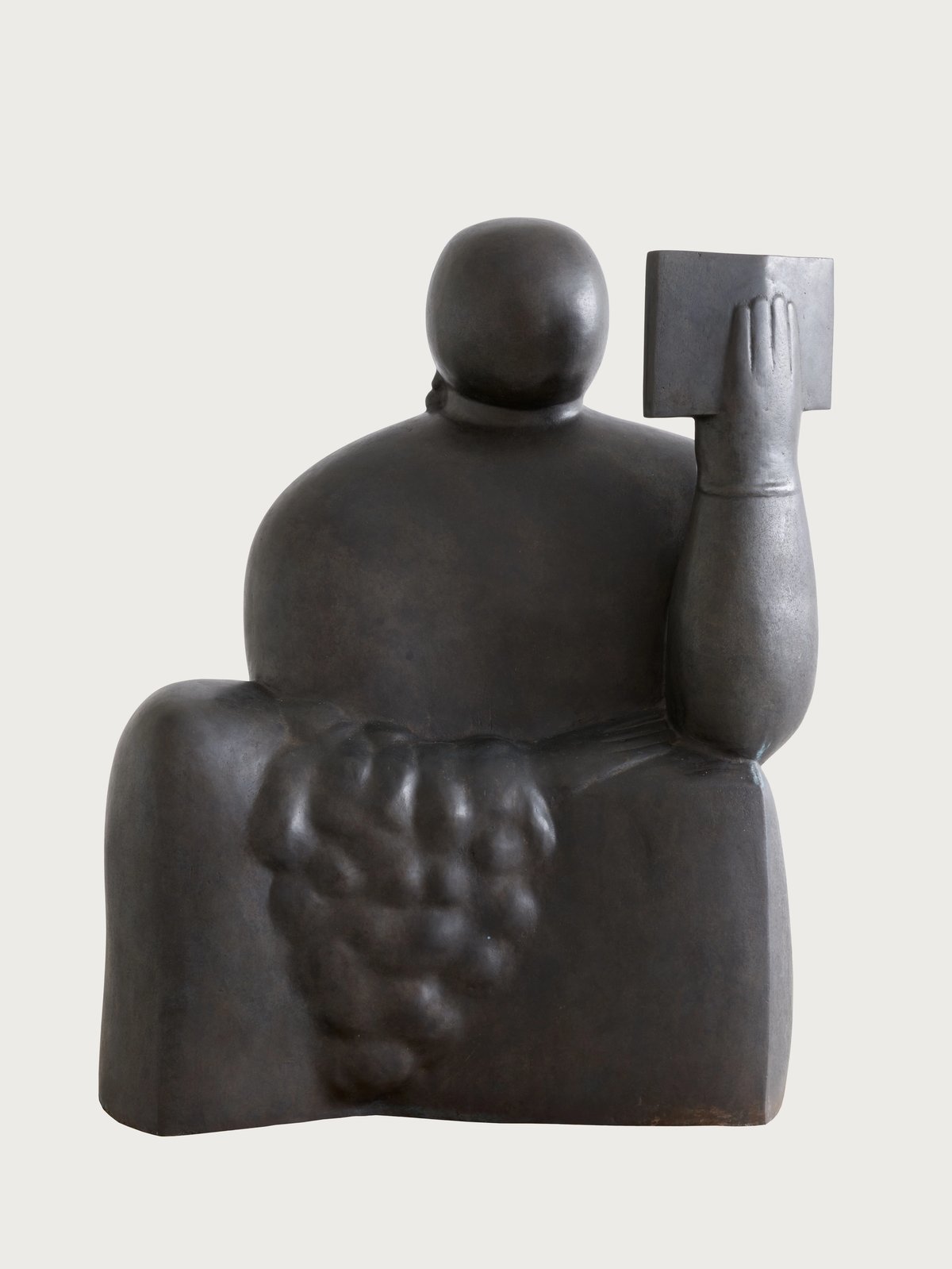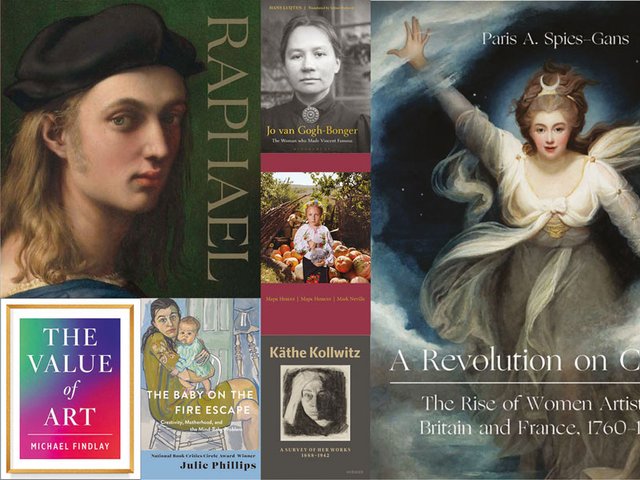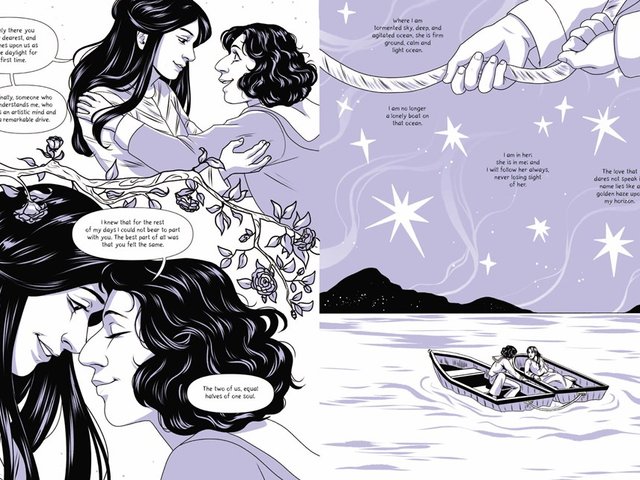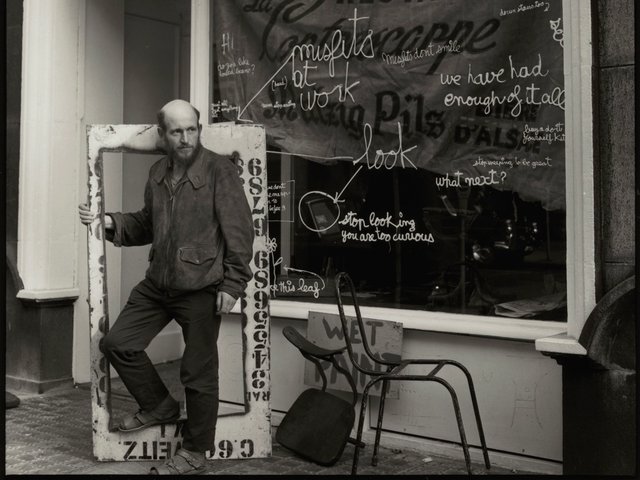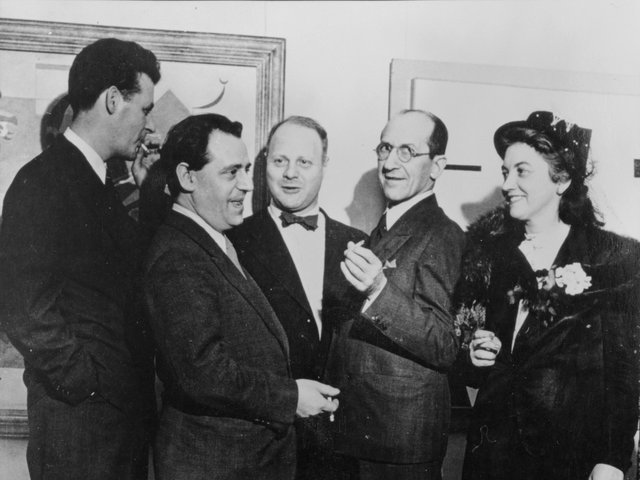The Farjam Collection of Islamic and Middle Eastern Art, Venetia Porter and Linda Komaroff (editors), Yale University Press, 1,340pp, £350 (hb)
This two-volume publication published in four books features more than 800 works from the 5,000-strong collection founded by the Iranian collector Farhad Farjam. “Unusual amongst collections of Islamic art, the exceptional range and breadth of this collection includes the arts of the Islamic world from earliest times up to and including the contemporary Middle East,” according to a publisher’s statement. Works featured include an Iranian mille-fleurs sajdah carpet dating from the 18th century and contemporary photography by the Iranian artist Shirin Aliabadi.
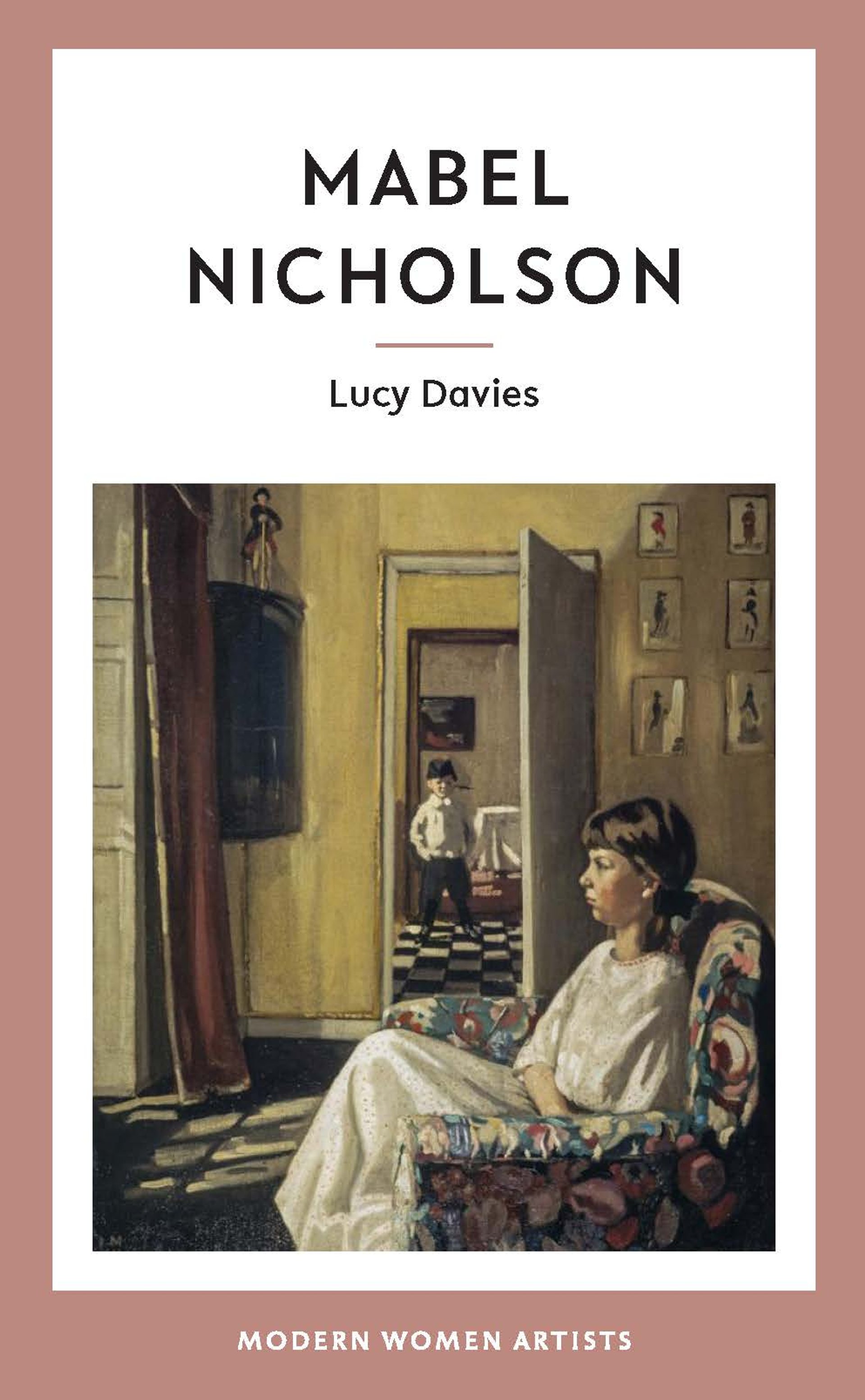
Mabel Nicholson, Lucy Davies, Eiderdown Books, 64pp, £12.99 (hb)
This biography lifts the lid on an overlooked British 20th-century artist, Mabel Nicholson, who was married to the Edwardian painter William Nicholson and was the mother of the Modernist artist Ben Nicholson. “Mabel was a free-spirited young girl, an adventurous and well-travelled woman; key to a glittering bohemian circle and one of the most significantly overlooked talents of early 20th-century British art,” according to the publisher. Two of her works are in the Tate collection including The Harlequin (around 1910).
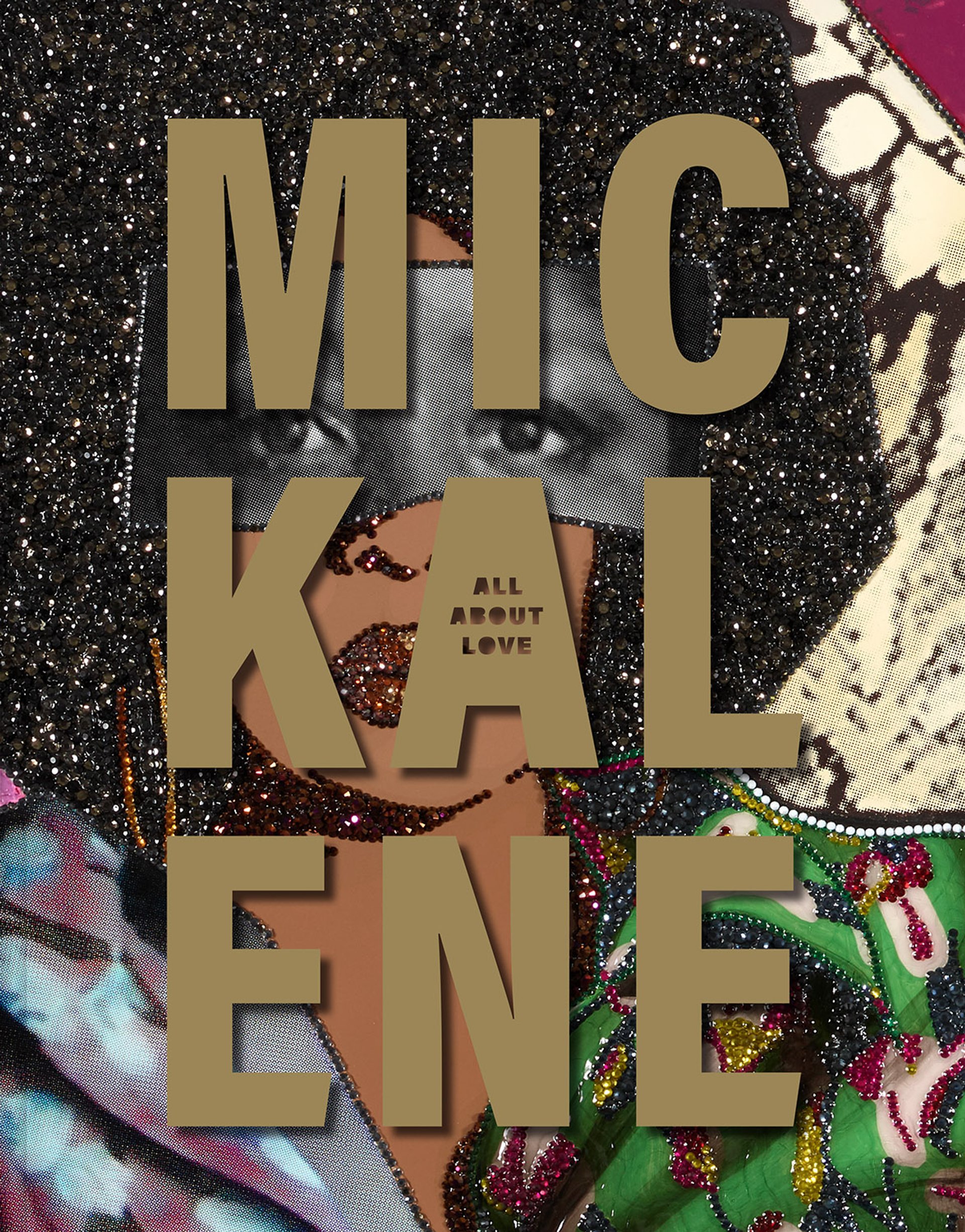
Mickalene Thomas: All About Love, Claudia Rankine and Ed Schad (contributors), D.A.P., 224pp, $60 (hb)
This new monograph throws the spotlight on the wide-ranging practice of the Brooklyn-based artist Mickalene Thomas, exploring her photography, videos and celebrated rhinestone-adorned paintings. Themes examined in Thomas’s work include intergenerational female empowerment, autobiography, memory and aspects of Black feminist theory. The publication accompanies the touring exhibition currently running at The Broad in Los Angeles, until 29 September (the show will then travel to The Barnes Foundation in Philadelphia and the Hayward Gallery in London).
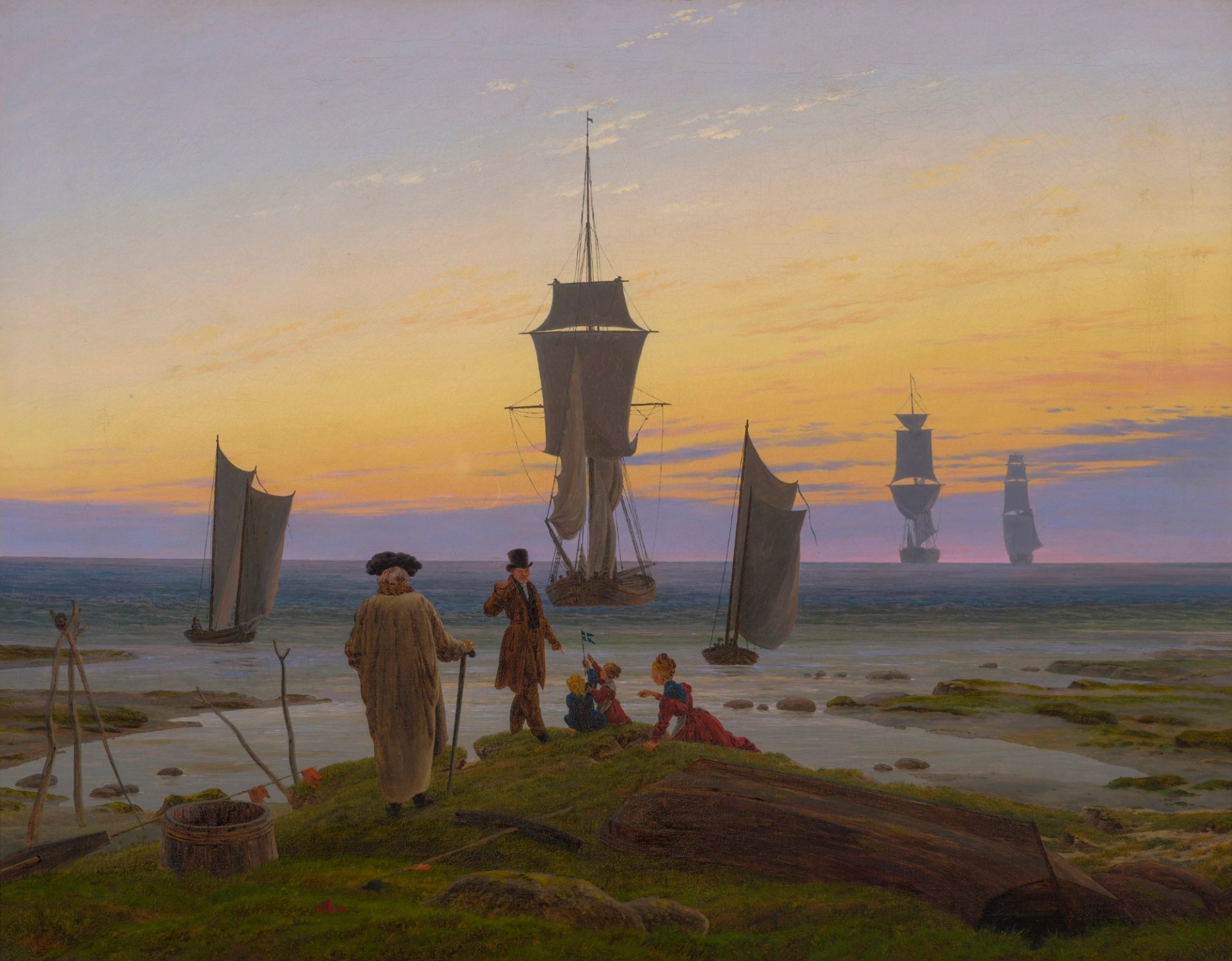
Caspar David Friedrich, Stages of Life (around 1834)
credit: Museumder bildenden Künste Leipzig | M. Ehritt
Caspar David Friedrich: Infinite Landscapes, Birgit Verwiebe and Ralph Gleis (editors), Prestel, 352pp, £45 (hb)
When Caspar David Friedrich died in poverty in 1840, he was almost forgotten by the contemporary art world. On the anniversary of his 250th birthday, the artist is undergoing something of a renaissance with a slew of shows and publications. This book covers key areas such as his early training in Copenhagen; his sketches, preparatory drawings and underdrawings; and his pioneering use of pigments. The publication accompanies an exhibition at the Alte Nationalgalerie, Berlin, curated by Birgit Verwiebe (until 4 August).


